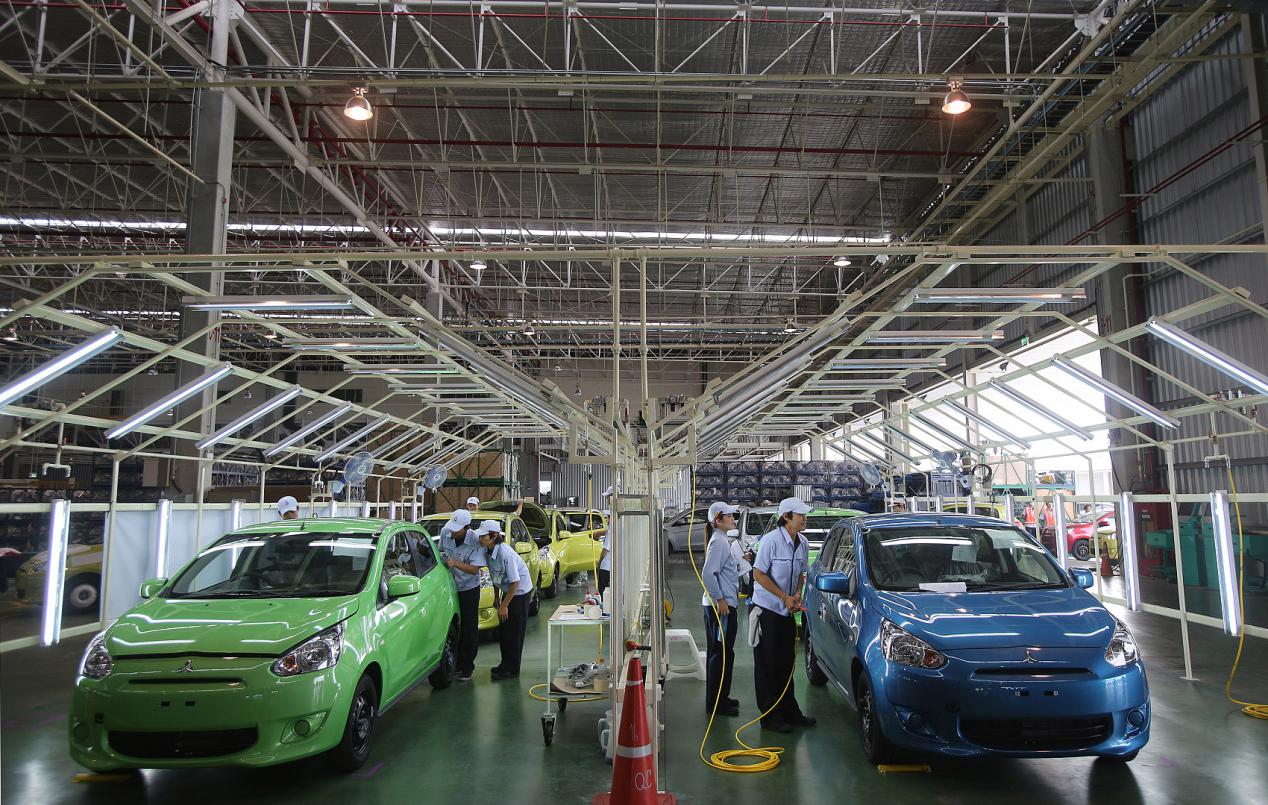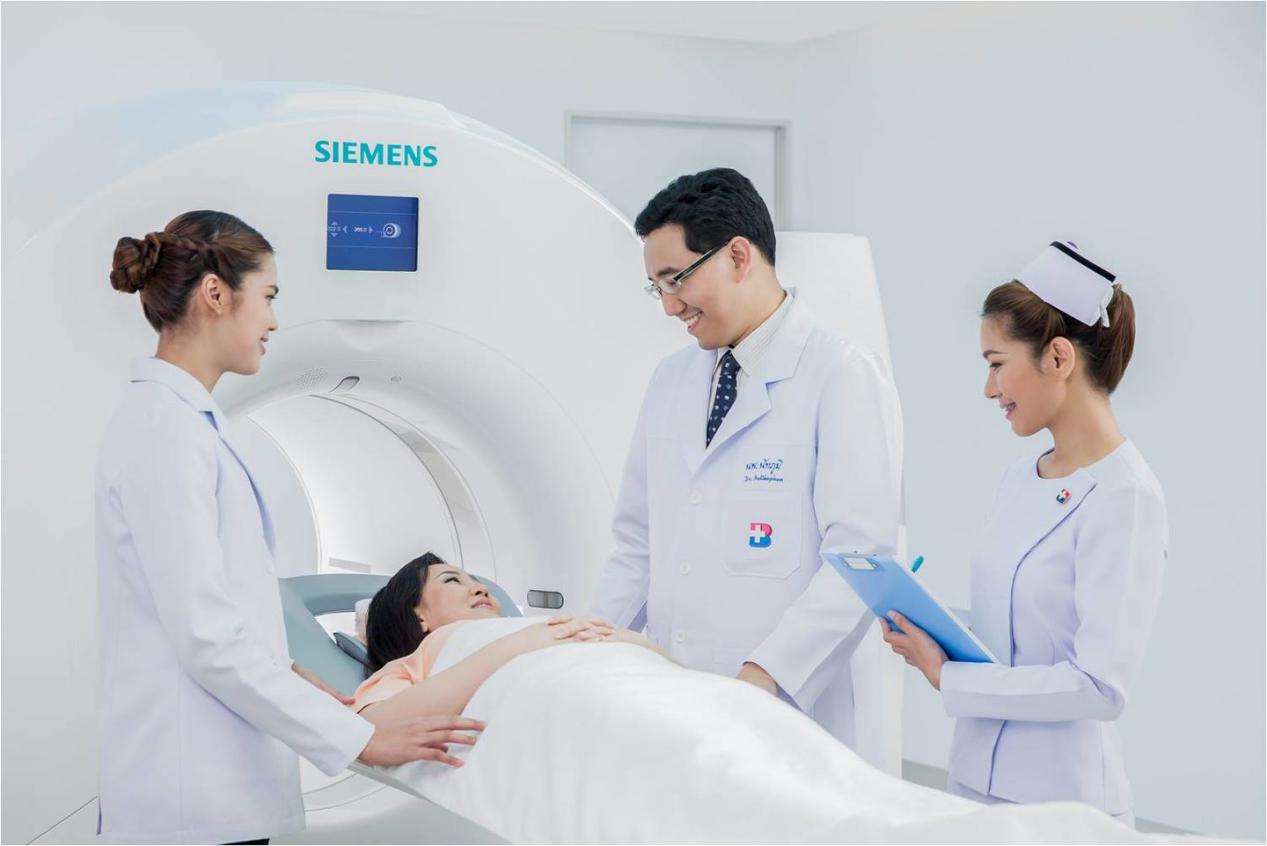

(Written by Dulyapaween Kronsaeng / Translated by Mo Tingting)The Eastern Economic Corridor (EEC), an important engine for attracting investment to drive Thailand’s rapid economic growth, has maintained momentum despite the COVID-19 has posed a threat to the global economy.
Dr. Luxmon Attapich, Deputy Secretary-General of Eastern Economic Corridor Office of Thailand, introduced the construction, the opportunities and the potential of EEC under China-Thailand investment cooperation in the post-COVID-19 era in an interview with TAP.
EEC achieving all-round development
Dr. Luxmon said that depending on Thailand’s unique geographical advantage, EEC is expected to act as a strategic hub connecting Asian economies. Facing the major global challenges brought by the COVID-19, EEC has vigorously continued to develop large infrastructure projects as scheduled, boosting the confidence of domestic and foreign investors.
By far, cooperation agreements have been signed on major projects such as the high-speed rail project connecting three airports, U-tapao International Airport, the Eastern Aerotropolis Development Project, and the Maptaphut Industrial Port Phase III Development Project which is expected to start constructing in mid-2021.
“When it comes to industrial investment, EEC continued to attract investment in full swing from 2017 to 2020. In the future, we plan to attract more investment in high-tech industries, and the Eastern Economic Corridor Innovation Zone (EECi) located in Rayong Province, Thailand, will be a major place to receive new investment. At the same time, the great impetus will be injected into the construction of smart cities,” said Dr. Luxmon.

On top of that, three major construction projects for Linchabang Port to realize international integration are currently in the research stage and expected to come into operation by mid-2021. The construction project is divided into three parts, including the “Thailand Bridge” project linking the EEC and the Southern Economic Corridor (SEC), the “Land Bridge” project linking the Gulf of Thailand to the Andaman, and the Dry Port Project linking China, Laos and Thailand.
Overall, EEC attracted 453 investment projects worth 208 billion baht (RMB 44.8 billion yuan) in 2020, accounting for 43% of the total investment promotion. Of that, foreign investment was 115 billion baht, led by Japan who invested 50.455 billion baht, or about 44% of its total foreign investment, followed by China, with 21.831 billion baht.
Of the 453 projects that applied for investment in 2020, 292, or 64%, were approved. 172 investment promotion certificates were issued, accounting for 59%; 79 projects, or 46%, have been implemented. It also set a target of no less than 300 billion baht, or about RMB 64.6 billion yuan, for domestic and foreign investment by 2021.
New investment hotspots in Thailand: digital, health and logistics
In addition to strengthening the infrastructure construction of multimodal transport, EEC has also adjusted policy to adapt to the “new normal” in the post-COVID-19 era.
“It is concluded that the 12 target industries promoted by EEC will remain the key development areas in the future. Among them, the following three major industrial clusters, with great potential to unlock, are poised to be the focus of investment projects to cope with the changing trend under the ‘new normal’,” said Dr. Luxmon.
The first major industry is the digital industry. As the epidemic expedites the development of digital technology, Thailand can promote the implementation of 5G commercialization in EEC Special Zone to attract investment from technology enterprises, such as intelligent electronic products, robots, automation, intelligent vehicles, etc.

The second major industry is the health industry. People become more health-conscious after the outbreak of the COVID-19. Thailand’s core industries, such as medical centers, medical tourism and food processing, will further boost the development of agriculture, biotechnology and the production of high-value products such as health care products, pharmaceuticals and cosmetics.
The third major industry is the intelligent logistics industry. The transportation industry has been greatly impacted by the epidemic. The EEC plays an indispensable role in connecting transportation, including deep-water ports, airports, land transport, dual-track rail and high-speed rail, making it the best choice for being a regional logistics hub, and attracting investment in digital technology-related logistics and smart warehouse industries.
China still acting as an active investor
China is hailed as one of the source countries of foreign investment for EEC. To this end, the EEC Office has been in close contact with the Office of the Thai Investment Promotion Council and the Thai Consulates in major cities in China.
Despite the impact of the COVID-19 on travel since 2020, efforts to attract Chinese investment have continued, including: Online meetings with CEOs from 50 Chinese companies interested in expanding business in Thailand; Jointly attracting hundreds of cosmetics enterprises with Guangdong Chamber of Commerce in Thailand; And building the smart city and financial hub in EEC.
Driven by two main factors: trade friction between China and the United States, and China’s encouragement of its companies to “go global”, investment from China has grown steadily over the past two years, almost on a par with long-term investments from Japanese companies in Thailand,” said Dr. Luxmon.
Chinese investment projects are mainly focused on electrical appliances, automobiles and their components, while Thailand has the competitive edge in the automotive ecosystem. In addition, in electronic communication, Thailand is ready to develop 5G, being the first 5G commercial country in ASEAN. It is estimated to cover half of the Eastern Economic Corridor by March 2021.
China is a leader in digital technology, and can focus on promoting cooperation with Thailand in target industries such as automobile, robot technology and electronics.
Major Chinese companies such as Alibaba, Huawei and Midea have expanded their presence in Thailand. Many Chinese companies, including Gree and Xiaomi, have also shown interest in investing in Thailand.
Dr. Luxmon added that as the Chinese economy continues to develop at a high speed, Chinese companies continue to expand their business and Thailand is seen as one of the destinations for Chinese investors.
“Depending on the new wave of investment, Thailand will acquire development opportunities for suppliers, provide fertile ground for new technologies and technical talents, as well as seek cooperation opportunities between Thailand and China to achieve coordinated development and expand new business opportunities in due course,” said Dr. Luxmon.
Source: THAI-ASEAN PANORAMA
桂ICP备14000177号 Copyright@2006-2013 Guangxi China-ASEAN Panorama Magazine Agency Co., Ltd. All Rights Reserved